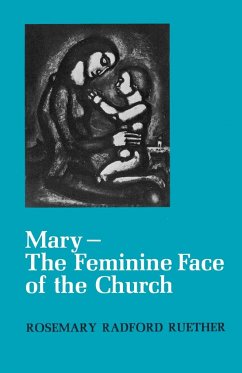The expression the "face of God" is a familiar one to Bible scholars and its meaning has long been a point of disagreement, especially in its use with the verb "to see". While some scholars dismissed the expression as merely a metaphor with little significance, others have compared it to the 'face' of gods and goddesses of the ANE religious context, where worshippers sought an audience with their 'divine' king. Scrutinising previous scholarship and based on careful exegesis of several crucial passages in the Penteteuch, this publication presents the motif "seeing the face of God" in an entirely new context of divine self-revelation.
Hinweis: Dieser Artikel kann nur an eine deutsche Lieferadresse ausgeliefert werden.
Hinweis: Dieser Artikel kann nur an eine deutsche Lieferadresse ausgeliefert werden.








